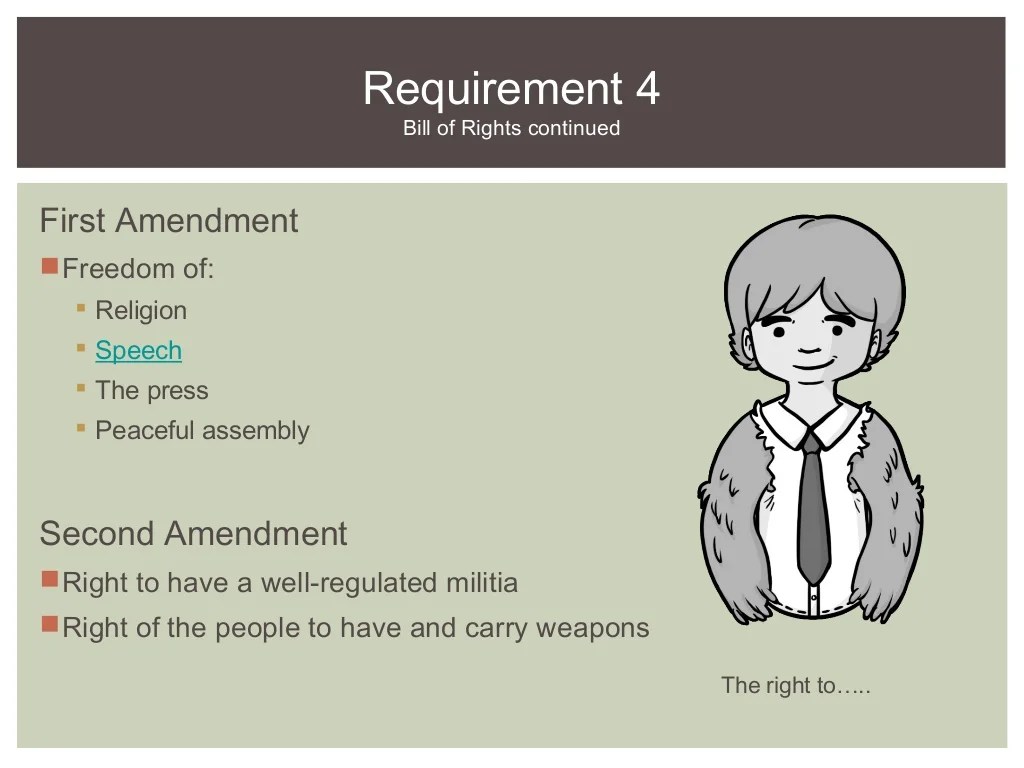Embark on an enlightening journey into the realm of citizenship in the nation merit badge answers, where the intricacies of civic duty, rights, and responsibilities unravel before your very eyes. This comprehensive guide delves into the multifaceted nature of citizenship, empowering you with the knowledge and understanding to navigate the path towards becoming an active and engaged member of society.
From the fundamental definition of citizenship to the practical steps involved in obtaining it, this exploration unveils the significance of civic participation and the profound impact it can have on both individuals and communities. Prepare to be inspired by real-life stories of individuals who have harnessed the power of citizenship to make a tangible difference in the world.
Definition of Citizenship

Citizenship is a legal and political status that defines a person’s membership in a nation-state. It grants certain rights and responsibilities to individuals within the jurisdiction of that state.
There are different types of citizenship, including birthright citizenship, naturalized citizenship, and dual citizenship. Birthright citizenship is acquired by birth within a country’s territory or to parents who are citizens of that country. Naturalized citizenship is granted to foreign-born individuals who meet specific requirements, such as residency and knowledge of the country’s language and history.
Dual citizenship allows individuals to hold citizenship in two or more countries simultaneously.
Citizenship laws vary from country to country, but they typically include criteria related to residency, age, and other factors. In some countries, citizenship can be inherited, while in others it must be earned through naturalization.
Rights and Responsibilities of Citizens, Citizenship in the nation merit badge answers
Citizenship confers certain rights and responsibilities upon individuals. Rights typically include the right to vote, hold public office, and access social services. Responsibilities often include paying taxes, serving on juries, and obeying the law.
Civic participation is essential for a healthy democracy. Citizens have a responsibility to engage in the political process, voice their opinions, and hold their elected officials accountable. They can do this through voting, attending public meetings, and contacting their representatives.
Examples of how citizens can fulfill their responsibilities include:
- Voting in elections
- Serving on juries
- Paying taxes
- Obeying the law
- Participating in community service
- Advocating for their rights and the rights of others
The Path to Citizenship
The path to citizenship varies depending on the country. In the United States, for example, foreign-born individuals must apply for naturalization and meet certain requirements, including residency, good moral character, and knowledge of English and U.S. history.
The naturalization process typically involves submitting an application, passing a citizenship test, and taking an oath of allegiance. In some cases, individuals may be eligible for expedited naturalization, such as spouses of U.S. citizens or members of the military.
To prepare for citizenship tests, individuals can study materials provided by the government, take practice tests, and attend citizenship classes.
The Value of Citizenship
Citizenship brings numerous benefits, including the right to vote, hold public office, and access social services. It also provides a sense of belonging and identity within a nation.
Citizenship is essential for building a strong nation. It creates a sense of unity and purpose among individuals who share a common identity and goals. Citizens who are engaged in their communities and participate in the political process contribute to the overall well-being of the nation.
Throughout history, there have been countless examples of individuals who have made a difference through their citizenship. From activists who fought for civil rights to scientists who made groundbreaking discoveries, citizens have played a vital role in shaping the world we live in.
Challenges to Citizenship
While citizenship offers numerous benefits, it also comes with challenges. In some countries, citizens may face discrimination, inequality, or political polarization.
Discrimination can occur based on factors such as race, religion, gender, or national origin. Inequality can exist in terms of access to education, healthcare, and other essential services. Political polarization can divide citizens into opposing camps, making it difficult to find common ground and address important issues.
To address these challenges, it is important to promote inclusivity and respect for diversity. Governments should enact laws and policies that protect citizens from discrimination and ensure equal access to opportunities. Citizens themselves can also play a role by speaking out against injustice and working together to build a more just and equitable society.
Essential FAQs: Citizenship In The Nation Merit Badge Answers
What is the definition of citizenship?
Citizenship refers to the legal and political status of an individual who is a recognized member of a particular nation or state, entitled to certain rights and responsibilities.
What are the different types of citizenship?
Citizenship can be acquired through birth (jus sanguinis), descent (jus soli), naturalization, or marriage.
What are the rights and responsibilities of citizens?
Citizens’ rights typically include the right to vote, hold public office, receive government benefits, and access public services. Responsibilities often encompass paying taxes, obeying laws, and serving on juries.


